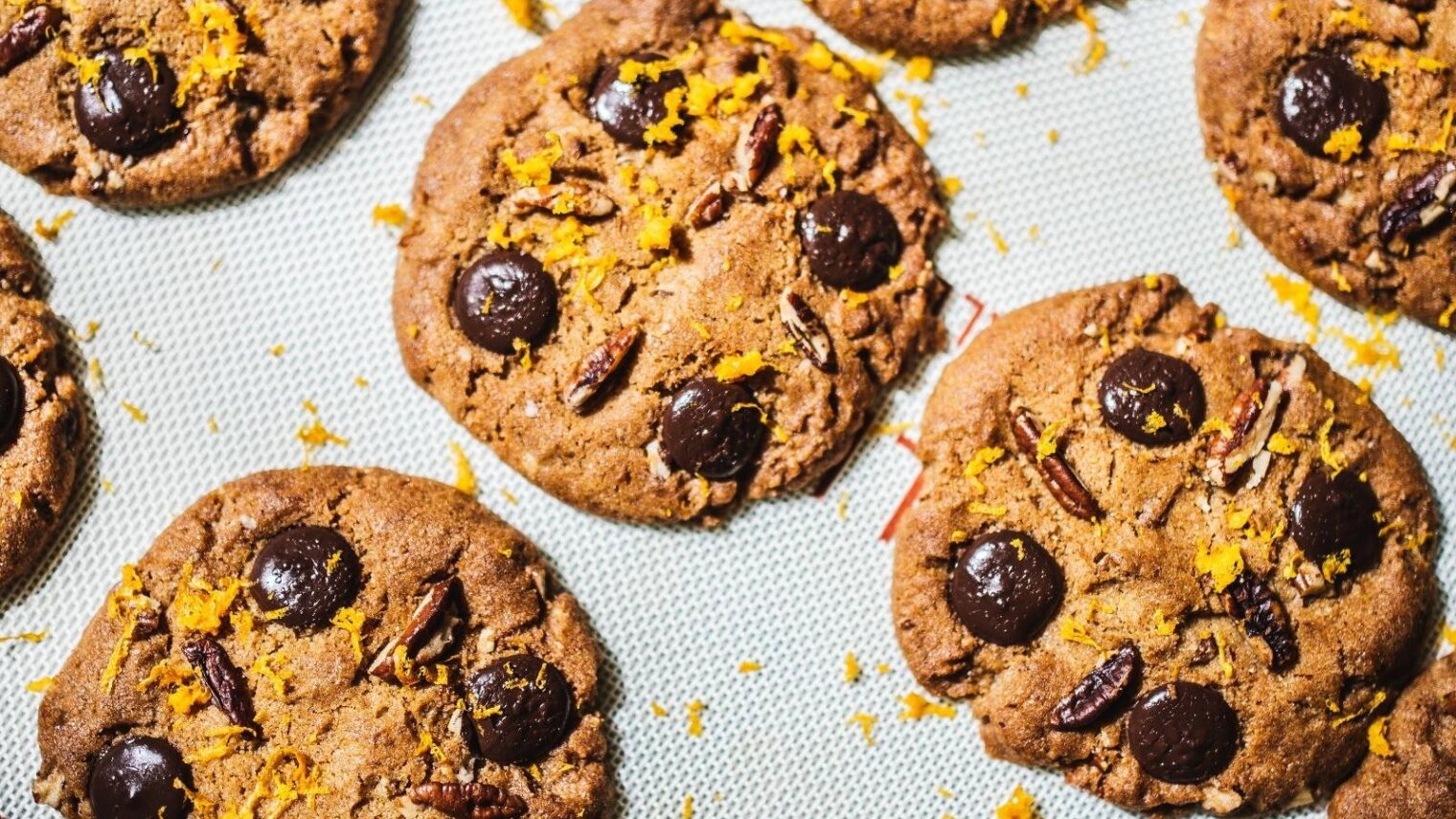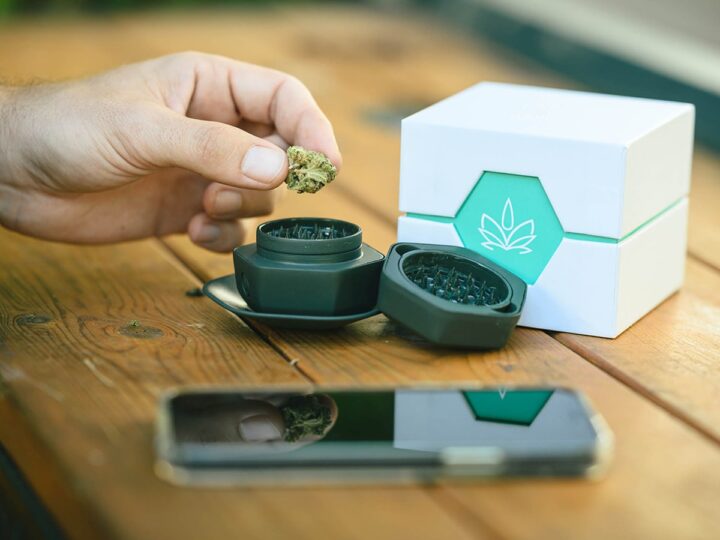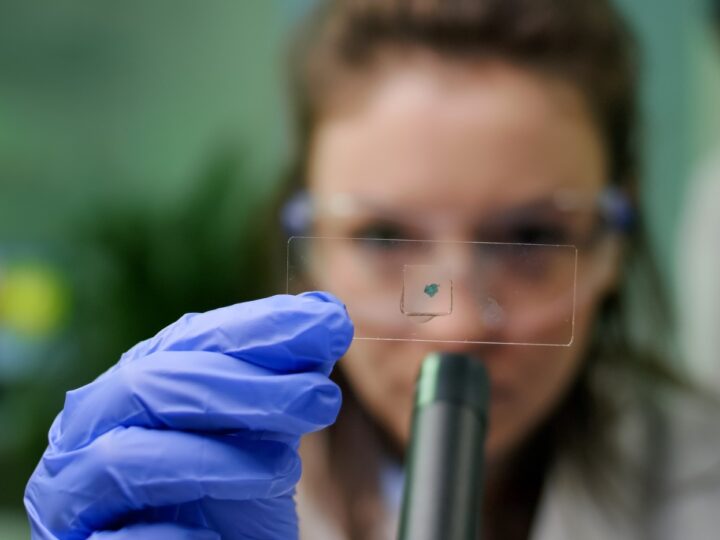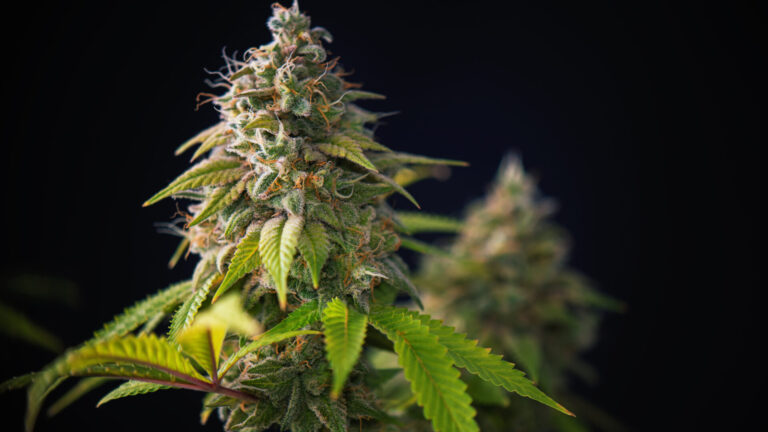Marijuana and munchies are longtime companions. These days, the smoke and the snack can be bundled together in cannabis-infused edibles like chocolates and cookies.
A new Israeli company playfully named Cannibble FoodTech is poised to take this multimillion-dollar field of recreational food to a new high.
Later this year, Cannibble plans to roll out a line of CBD- and THC-infused recreational foods: baking mixes, iced coffee mix, spice blends and toppings for pizza and popcorn.
“This is the most booming segment in nonsmoking cannabis products,” says Cannibble cofounder and CMO Ziv Turner.
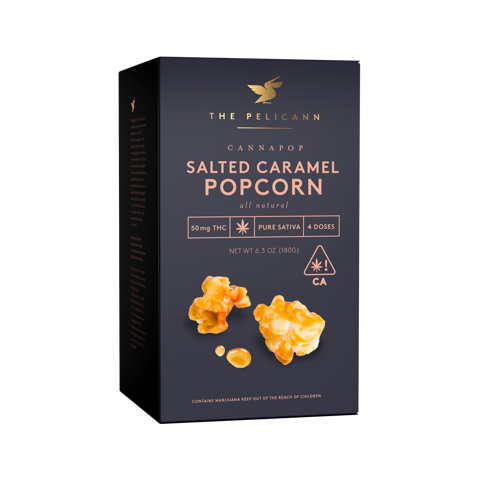
The basic powdered ingredients will be prepared in Israel and sent to partner US factories, which will add the cannabis components from locally grown plants in keeping with US laws governing cannabis.
CBD (cannabidiol) and THC (tetrahydrocannabinol) are the two primary cannabinoids in cannabis. CBD is used more often in dietary and natural supplements because it provides a natural high without THC’s psychoactive effects.
Cannibble edibles containing CBD are mainly for relaxation and mood enhancement, while those containing THC give users a buzz. Later on, Cannibble plans to introduce hemp (the fiber of the cannabis plant) into its products as a popular natural health ingredient.
“All our products are infused with dosages of cannabis compounds to meet all different kinds of regulations,” Turner explains. “Edibles are a delivery system for active cannabinoids even for those who use it medicinally. There are strict protocols to make sure the products are pharma grade.”
The CBD-enhanced products could be sold online and in any convenience store or supermarket. THC-enhanced products may be sold only in state-sanctioned dispensaries.
Cannibble products to be marketed under the Pelicann brand name include Cannashake powders for iced and/or hot drinks as well as protein shakes; Cannamix powders for instant breads, rolls, cakes, muffins, cupcakes, brownies, soufflé, cookies, donuts, pancakes, creams, mousses, puddings, and sweet or savory sauces; Cannaspices pure or blended spices; and Cannapop flavored popcorn for the microwave.
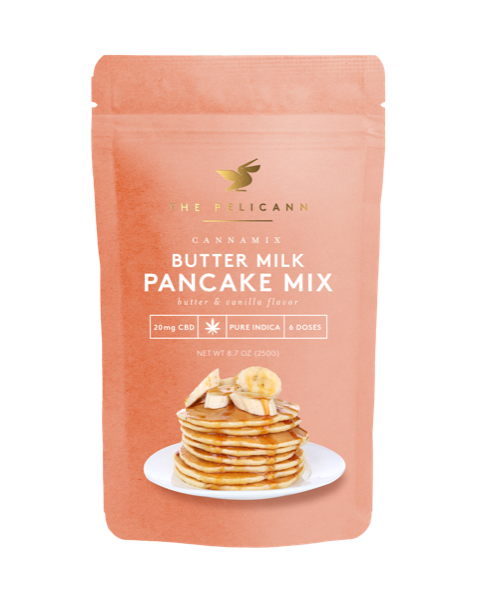
Several companies already sell cannabis-enhanced sweets like brownies, cookies and chocolate bars. Ziv says that Cannibble stands out from the competition for its variety and for the ability to prepare the foods fresh at home.
“This is really something new on the shelf,” Turner tells ISRAEL21c.
The main target market for Cannibble is North America. In the United States, 10 states have legalized recreational and medicinal marijuana and 20 others have legalized medicinal use. As of October 2018, cannabis is legal in Canada for both recreational and medicinal purposes.
Market approaching $2b
Ziv notes that in 2017 the cannabis edibles segment reached $700 million revenue in the United States and $1.2 billion in 2018. That number is expected to climb close to $2 billion this year.
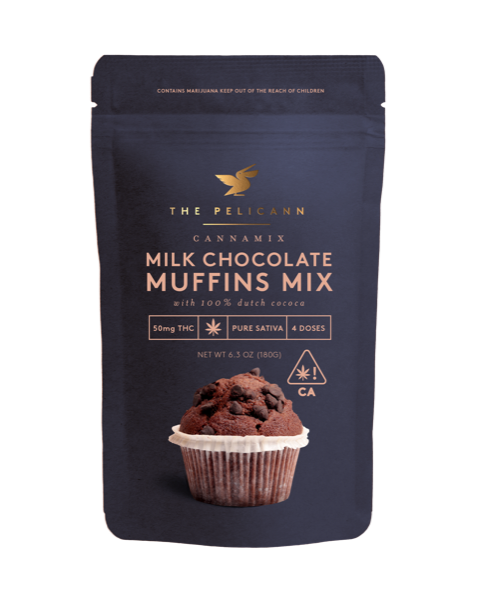
Cannibble, based in Kfar Saba, raised $655,000 from 750 backers in a crowdfunding campaign on the Pipelbiz platform a few months ago. That was followed by a Series B round that raised half a million shekels from 150 investors in 10 days.
Turner and cofounder Asaf Porat previously established KanaFem, an Israeli venture developing cannabis-based products and treatments for women’s wellness.
They started Cannibble with cofounders Yoav Bar Joseph and Elad Barkan, who come from the Israeli food industry, having created innovative retail and wholesale food products such as the powder used to make iced latte at one of Israel’s largest café chains.
“They have the knowledge for more than 100 recipes made from powders. Just add water, put them in the microwave and you’re done,” says Turner.
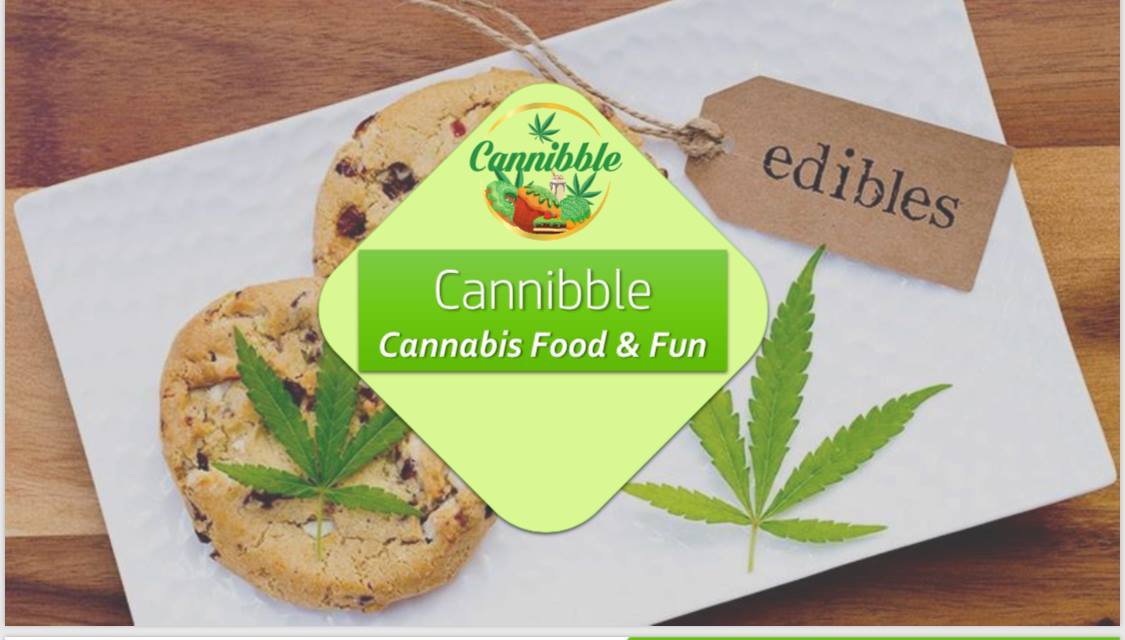
Research and development to get Cannibble to this point was not as easy as preparing a pancake from a mix, Turner adds. Flavor localization had to be done separately for each region because tastes aren’t the same in Texas and Tijuana. Furthermore, as a foreign company Cannibble must license its products to partner sellers.
“We signed agreements to manufacture our hemp products in New Jersey in a kosher facility, and we have a contract in Toronto. Florida, Nevada and California are next. A lot of companies want to get licenses to sell our products, but we have to follow certain protocols,” explains Turner.
“Our company completed its entire R&D phase and now we need to start manufacturing and selling,” he concludes. “We expect to get into the market by October.”
For more information, click here




